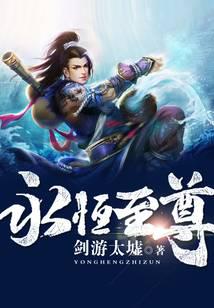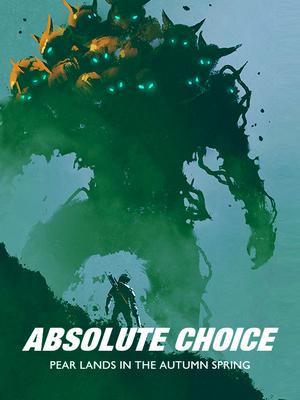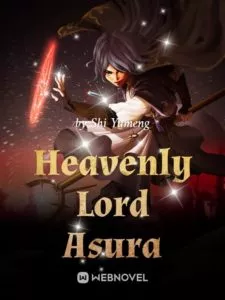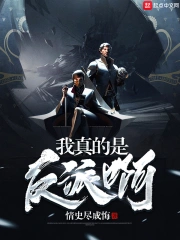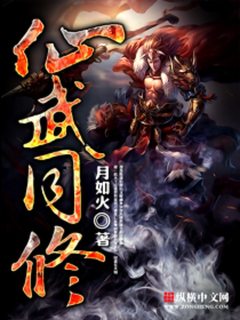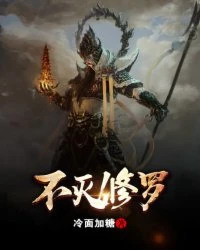The Story in 3 Sentences
A once-revered prodigy, Li Fuchen, plummets into disgrace after mysteriously losing his martial talent, becoming the laughingstock of his clan and a target for every petty rival.
His fate twists when he discovers the Golden Talisman, an artifact that ignites his spirit soul and sets him on a relentless, sword-forged path to reclaim his glory and shatter the heavens themselves.
From the ashes of humiliation, he ascends through blood, betrayal, and boundless will, proving that true reverence is not given by birthright but etched into eternity by the blade’s edge.
Why It Stands Out
1. The Relentless Climb from Rock Bottom
The novel’s core appeal is its masterful execution of the “weak to strong” trope. It doesn’t just show Li Fuchen gaining power; it makes you feel the crushing weight of his fall and the exhilarating, often brutal, satisfaction of his every victory. His journey from a broken youth, beaten in his own clan’s training yard, to a figure who commands the Dao of the Sword is a pure, unadulterated power fantasy delivered with breakneck pacing. The narrative wastes no time wallowing, instead focusing on the visceral thrill of the comeback, making it impossible to put down for fans of the genre.
2. The Unyielding Edge of the Blade
What truly sets it apart is its singular, almost obsessive, focus on the sword. This isn’t just a weapon; it’s Li Fuchen’s soul, his philosophy, and his path to immortality. The prose elevates swordplay to an art form, describing techniques and breakthroughs with a reverence that borders on the spiritual. Lines like “one sword to form the dao, one sword to reach the immortals, one sword to break the laws” aren’t just flair; they are the novel’s beating heart. For readers who crave a protagonist whose identity and power are inseparable from their mastery of a single, devastating discipline, this novel delivers in spades.
3. A World Built for the Grind, Not the Romance
It stands out by doubling down on what its audience wants and ruthlessly cutting the fluff. There’s no sappy, distracting harem or convoluted romantic subplot to derail the momentum. Li Fuchen is a monomaniacal force, driven by cultivation and combat. The world is populated not with deep, complex allies, but with arrogant young masters and cunning sect elders who exist to be surpassed and humbled. This laser focus on progression, face-slapping, and martial evolution creates a streamlined, highly addictive experience that respects its readers’ desire for a straightforward, high-octane xianxia ride.
Characters That Leave a Mark
There’s Li Yunhe – the jealous rival whose sneering triumph in the early chapters fuels the fire of Li Fuchen’s resolve, embodying the petty cruelty of a world that discards the weak.
You’ll meet Guan Xue, who represents the cold pragmatism of the cultivation world; her broken engagement is not a heartbreak but a strategic withdrawal, a stark reminder that alliances are forged in power, not affection.
And Gao Changtian? They’re the one who stands as a rare, genuine peer and friend amidst the sea of enemies, a fellow disciple whose presence offers a sliver of camaraderie on Li Fuchen’s otherwise solitary, blood-soaked path.
The Flaws Fans Debate
The story is built on a foundation of well-worn xianxia clichés, from the broken engagement to the arrogant young masters, offering little in the way of genuine narrative surprise.
Readers frequently complain about the repetitive and seemingly arbitrary “bone ranking” system, which is mentioned incessantly and can feel like meaningless jargon that bogs down the prose.
The supporting cast often feels flat and one-dimensional, serving primarily as stepping stones or punching bags for the protagonist’s growth, lacking the depth or development that would make their interactions truly memorable.
Must-Experience Arcs
Ch. 1–50: The Fall and the Spark – Witness Li Fuchen’s humiliating defeat, his exile into the Yunwu Mountains, and the fateful moment he acquires the Golden Talisman, setting his spirit soul ablaze with potential.
Ch. 500–600: Azure Water’s Crucible – Follow Li Fuchen as he enters the Azure Water Sect, navigating its internal politics and trials, where his sword dao begins to terrify even established inner sect disciples and earns him titles like “Sword Saint Lord.”
Ch. 1000–1050: The Lord of the Void Heaven – Experience the late-game power surge as Li Fuchen’s mastery reaches its zenith, facing off against primordial lords and unleashing sword techniques that command the very fabric of reality, like the “Void Heaven Sword World.”
Killer Quotes
“Extremity of the sword, one sword to form the dao, one sword to reach the immortals, one sword to break the laws!”
“The world will decay one day, but my reverence shall be eternal.”
Cultural Impact
It has carved out a solid niche in the xianxia community, consistently ranking high on reader lists for its satisfying, no-nonsense power progression.
Fans often cite it as a quintessential “guilty pleasure” or a benchmark for well-executed, fast-paced cultivation stories, frequently recommending it to newcomers seeking a pure, unadulterated power fantasy.
Its popularity has spawned a successful manhua adaptation, which has further cemented its place in the genre and introduced Li Fuchen’s journey to a visually-oriented audience.
Final Verdict
Start Here If You Want:
A lightning-fast, cathartic power fantasy where the underdog doesn’t just rise, he obliterates everyone in his path.
A story that worships the sword, making every clash of steel feel like a sacred, world-shaking event.
Pure, unadulterated xianxia adrenaline with zero romantic distractions, perfect for binge-reading sessions.
Study If You Love:
Analyzing the archetypal “rags-to-riches” structure of web novels and how it’s optimized for maximum reader satisfaction.
The cultural motif of the sword as an extension of the self and a path to enlightenment in Eastern martial fantasy.
The mechanics of “face-slapping” as a narrative device and its role in building protagonist charisma and reader loyalty.
Avoid If You Prefer:
Deep, multi-layered character studies or complex, morally ambiguous plots that challenge the protagonist.
Stories that innovate heavily on world-building or cultivation systems, as this one leans heavily on established tropes.
Novels where the prose is lyrical and contemplative; this is a blunt, efficient instrument designed for speed and impact.
